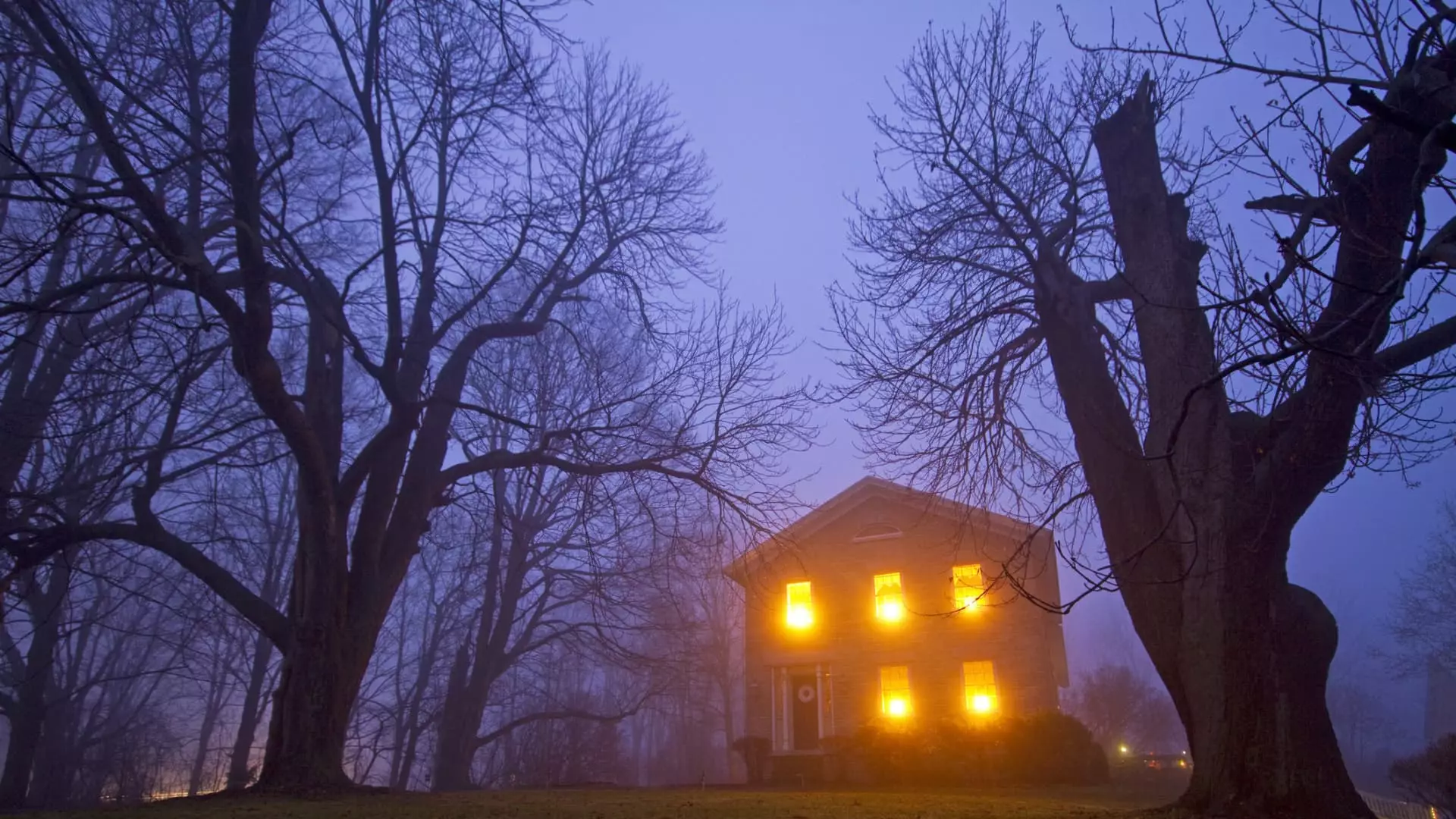When purchasing a home, prospective buyers often find themselves navigating a sea of legal and emotional intricacies, especially when it comes to discovering the history of a property. One particularly thorny aspect of this is the concept of stigmatized properties—homes tainted by incidents that have left a psychological mark on buyers. These incidents could range from a tragic death or violent crime to rumors of hauntings or infamous past owners. According to the National Association of Realtors (NAR), such properties have been affected by events that, while not physically altering the home, can trigger different reactions among prospective buyers.
The psychological impact of these events varies widely; some individuals might be deterred, while others may feel no hesitation if the price is right. This dichotomy creates a complex landscape for both sellers and buyers that can lead to significant differences in real estate transactions across the United States.
Real estate agents hold a crucial role in determining the flow of information surrounding a property. However, what they are required to disclose can differ dramatically based on state regulations. In many states, there are no obligations to disclose whether a death has occurred in a home, while others have stringent rules. For instance, in California, sellers must disclose if someone died in the home within the last three years, while Alaska has a requirement for reporting murders or suicides from the past year. Conversely, New York’s regulations protect sellers from disclosing death unless there has been a claim of paranormal activity in the home. This variation can cause confusion among buyers who may expect certain information to be readily available.
Realtors often find themselves walking a tightrope, adhering to both the law and ethical responsibilities. While they may not be obligated to disclose stigmatizing events unless asked, they must provide truthful responses when inquiries are made. This nuanced duty fosters a dynamic environment where potential buyers need to proactively seek information regarding the property’s background.
Contrary to what one might expect, the reaction to a stigmatized property is not universally negative. In fact, a recent study indicated that nearly 72% of potential homebuyers would consider purchasing a “haunted” house if it were offered at a discounted price. Many buyers view these properties as opportunities to negotiate prices significantly lower than the market value. Roughly 43% of those surveyed expressed willingness to offer at least $50,000 below what is typically expected for similar homes.
Notably, this trend aligns with the notion that price and the property’s appealing characteristics often outweigh the psychological factors involved. Individuals like Harrison Beacher, a real estate agent from Washington, D.C., have observed that some buyers show a disinterest in the previous tragedies as long as they can secure a deal that aligns with their financial goals. This presents an interesting paradox in the real estate market—while stigmatization may affect one buyer, it can also serve as a catalyst for another.
For those genuinely concerned about the history of a property, asking the right questions is crucial. Buyers should engage with their real estate agent about the details of the property’s past and utilize various resources to gather information. Engaging neighbors can provide invaluable insights into the home’s history, as they often have knowledge of past events and the inner workings of the neighborhood.
Additionally, a more formal inquiry to local government offices may yield information about any criminal activity associated with the property and can often be accessed through public records. A robust internet search can also bring to light substantial details; records related to police activity are commonly archived in newspapers and can shed light on potential incidents that might not be disclosed directly through the real estate agent.
The Path Forward for Homebuyers
When evaluating a property, the presence of a troubling history should not automatically deter buyers. As Connie Vavra, a managing broker, points out, all properties come with a history, and awareness of that past can coexist with the understanding that a home might still offer good energy and a positive living experience. Thoroughly investigating a property’s background, coupled with an understanding of state laws regarding disclosure, can empower buyers to make informed decisions.
Navigating the complexities of stigmatized properties requires a blend of diligence and open-mindedness. By engaging with real estate professionals and utilizing available resources, homebuyers can forge a path that balances the psychological aspects of homeownership with practical considerations of value and community.

